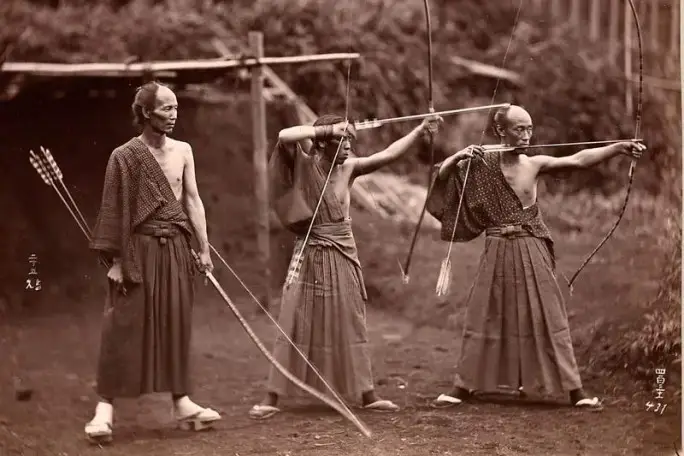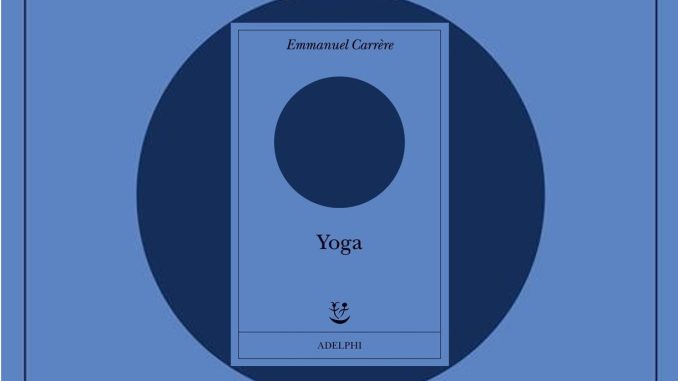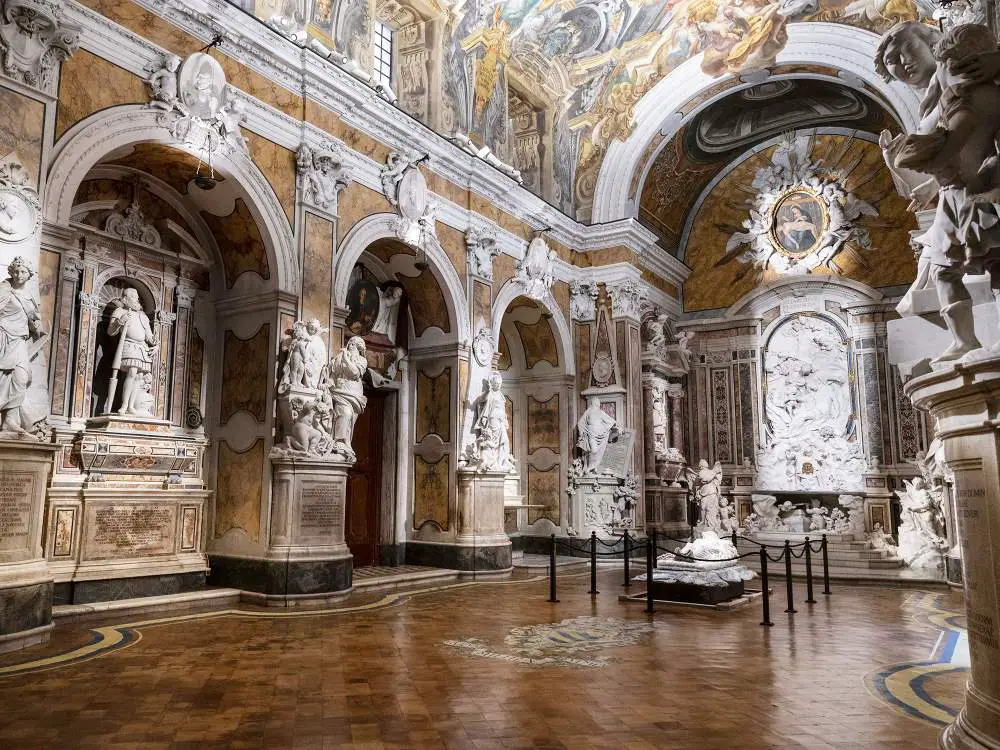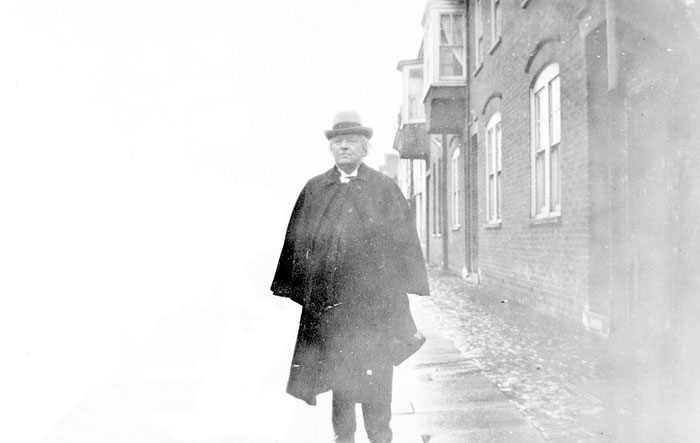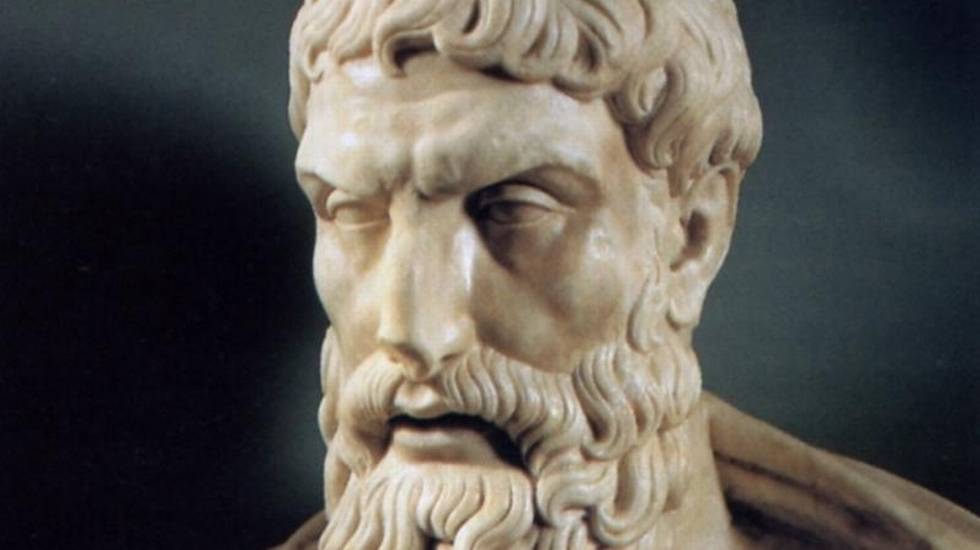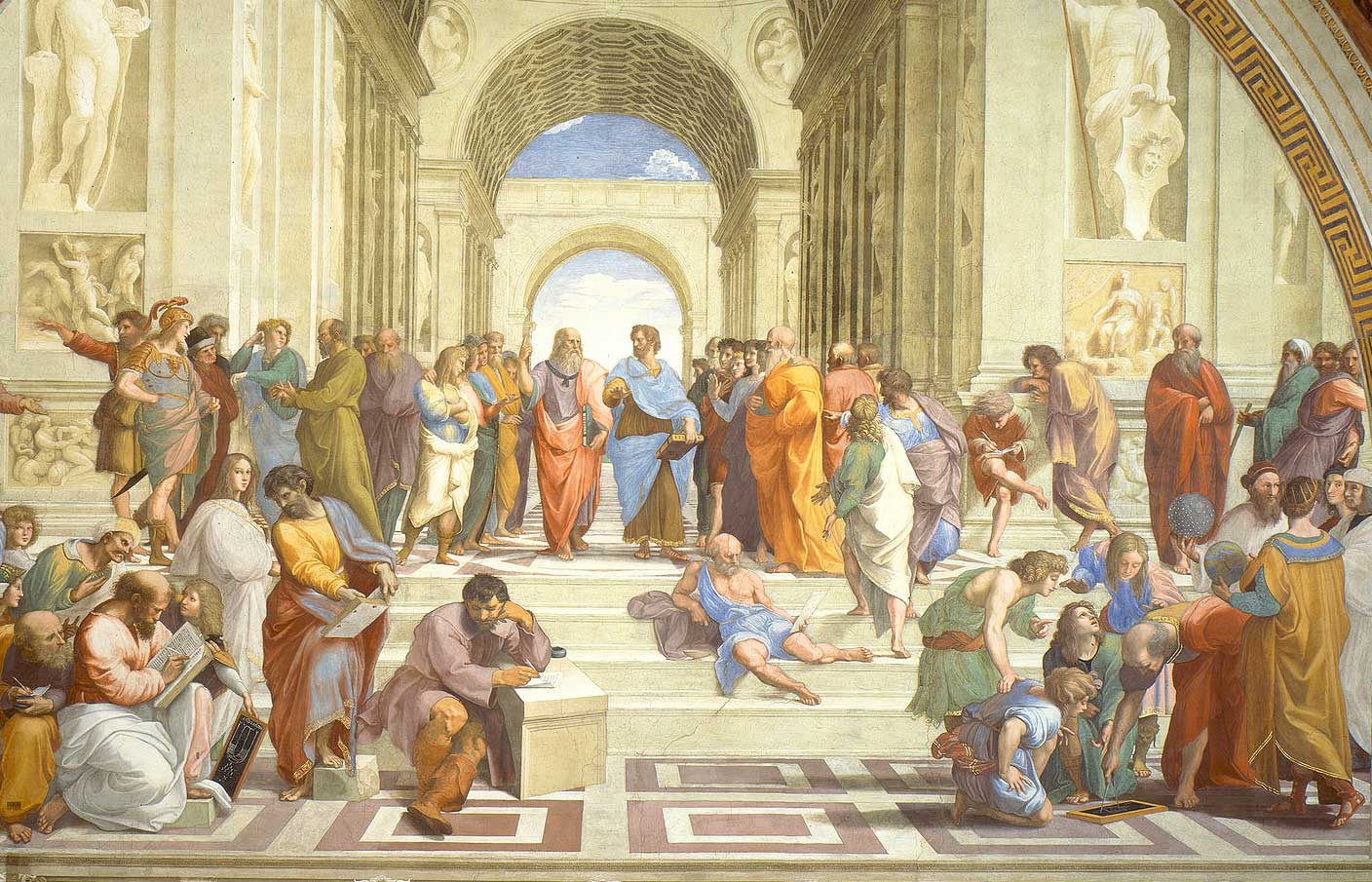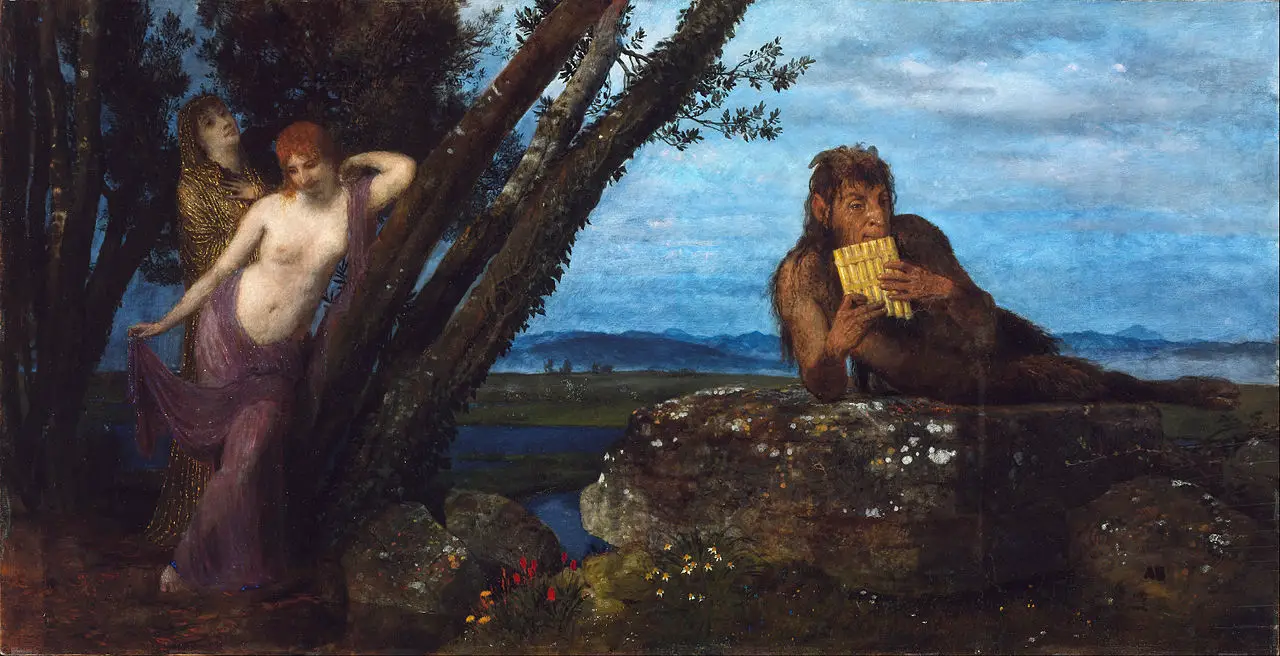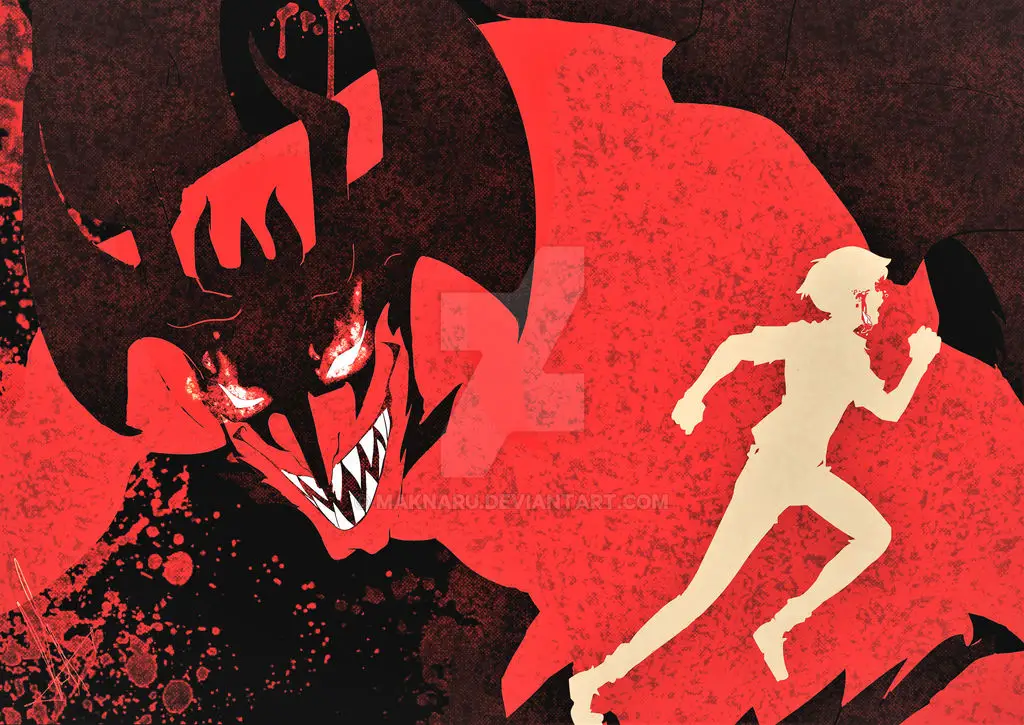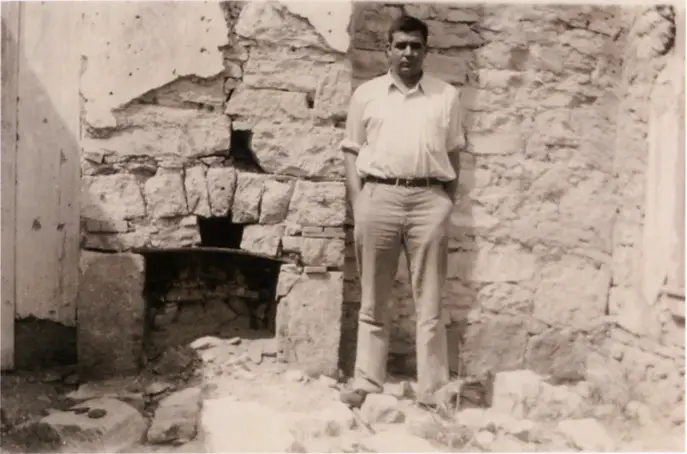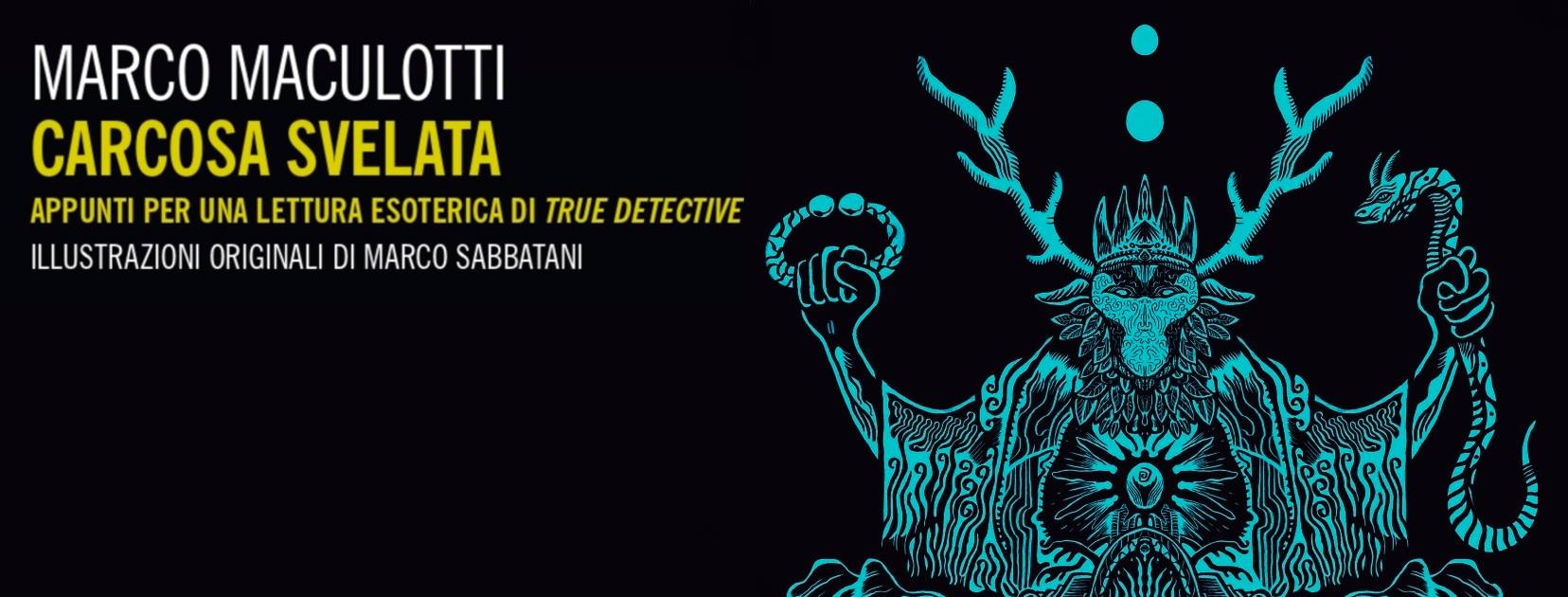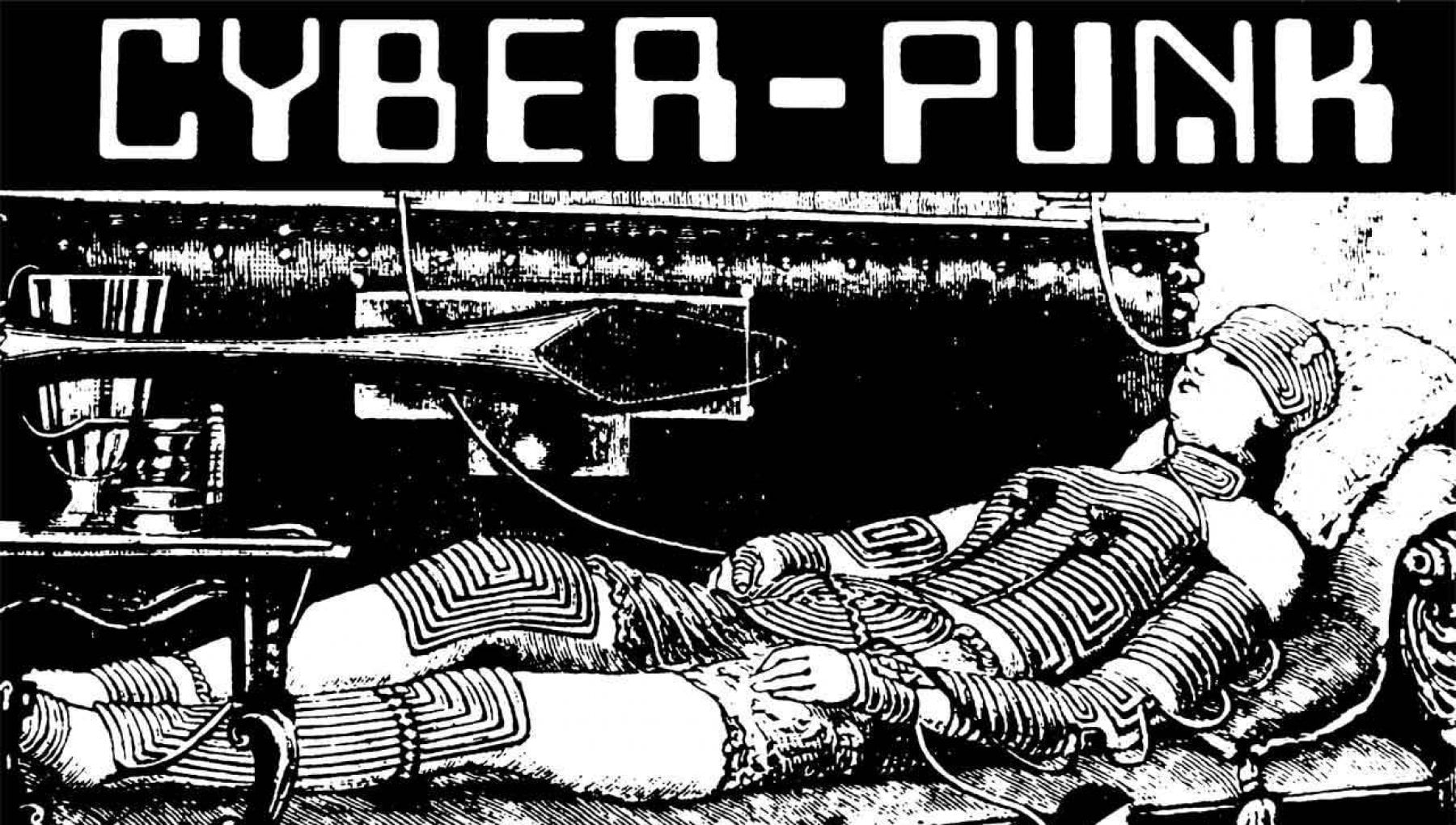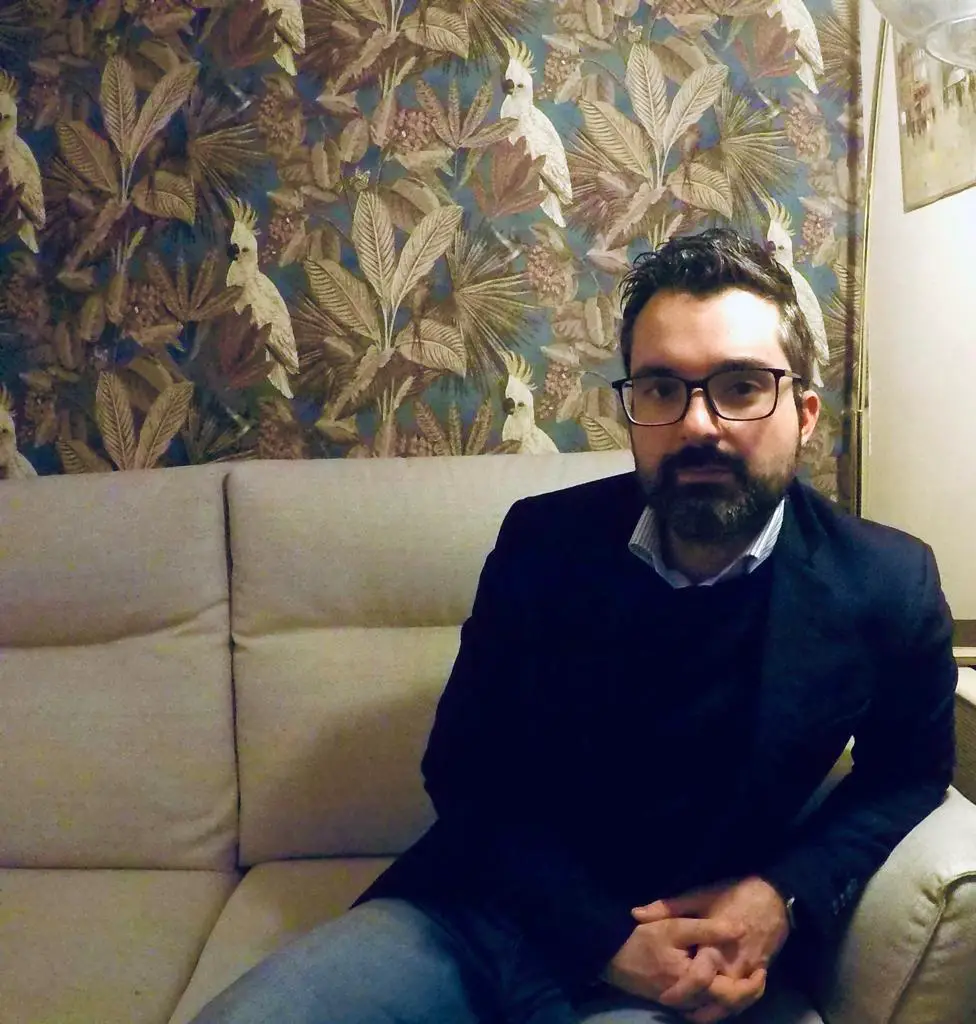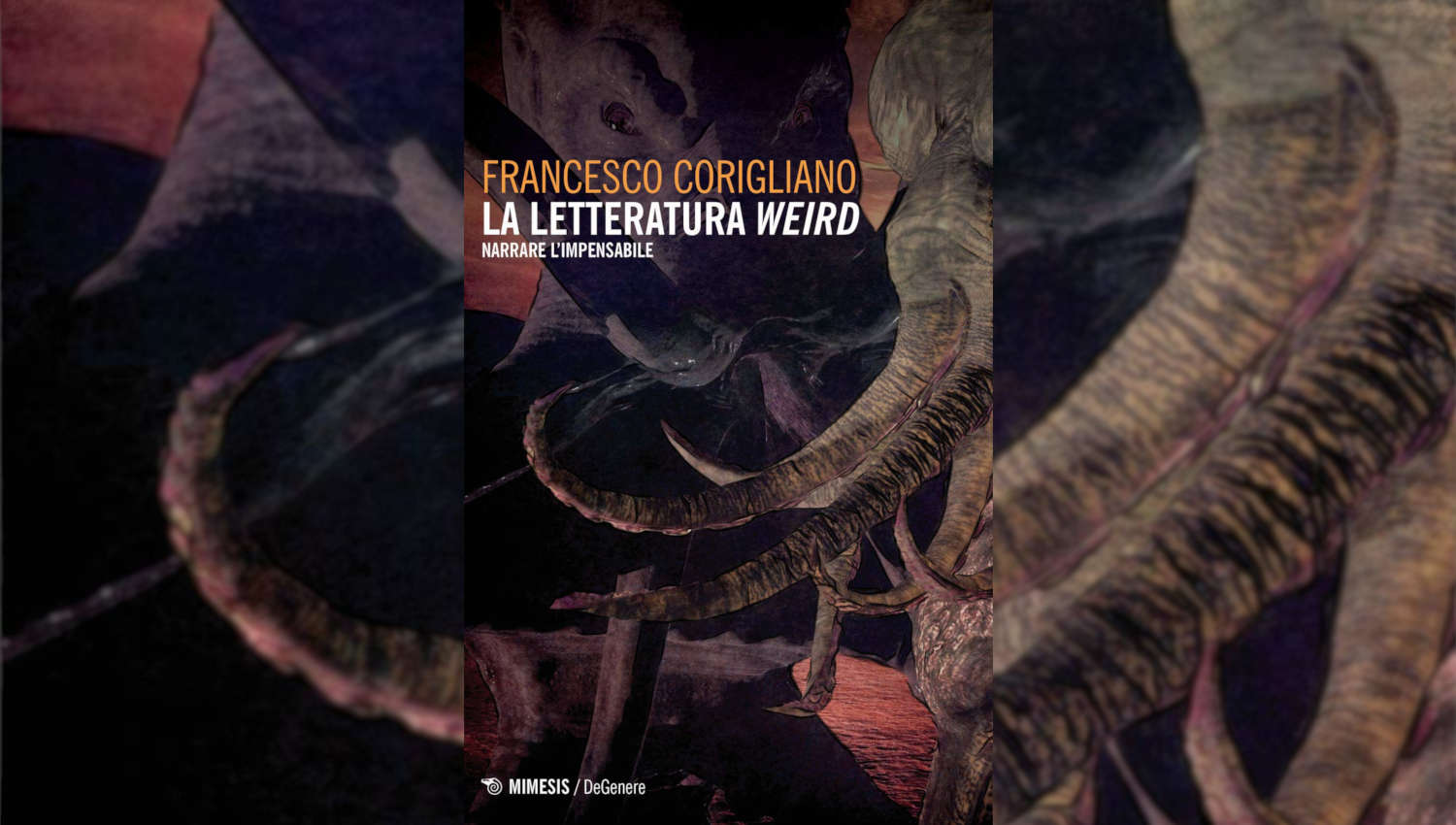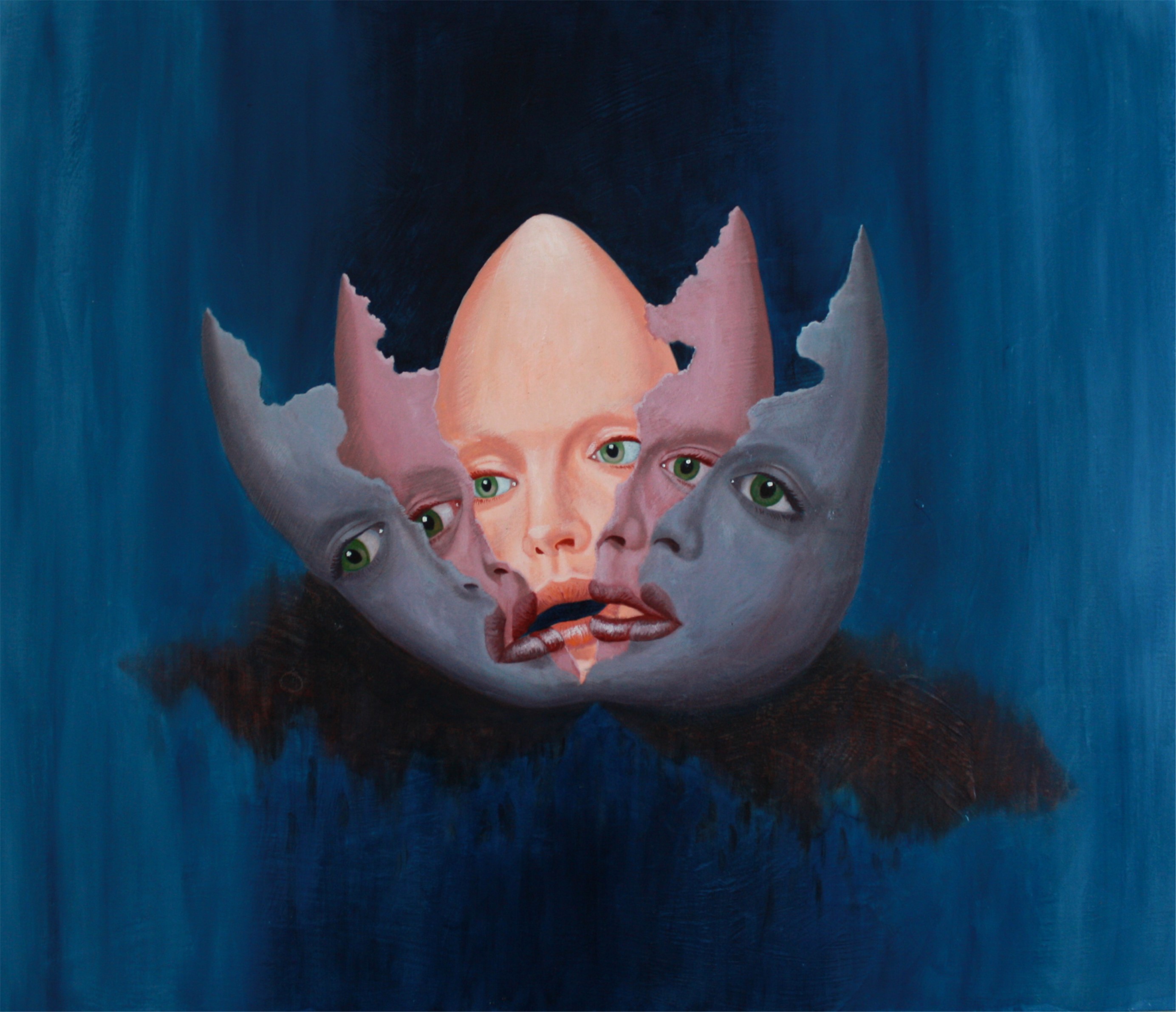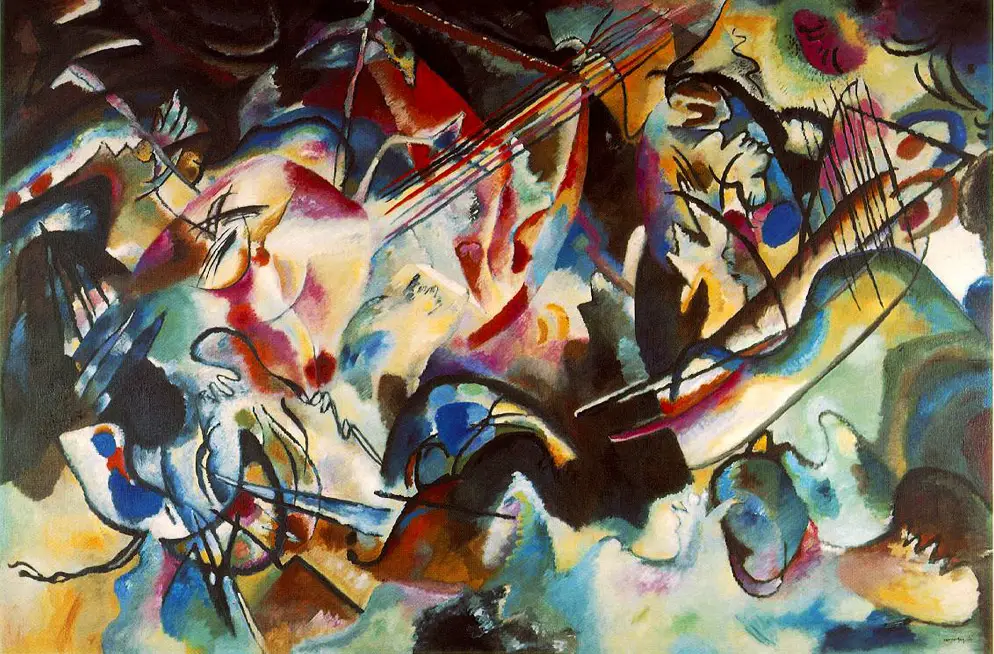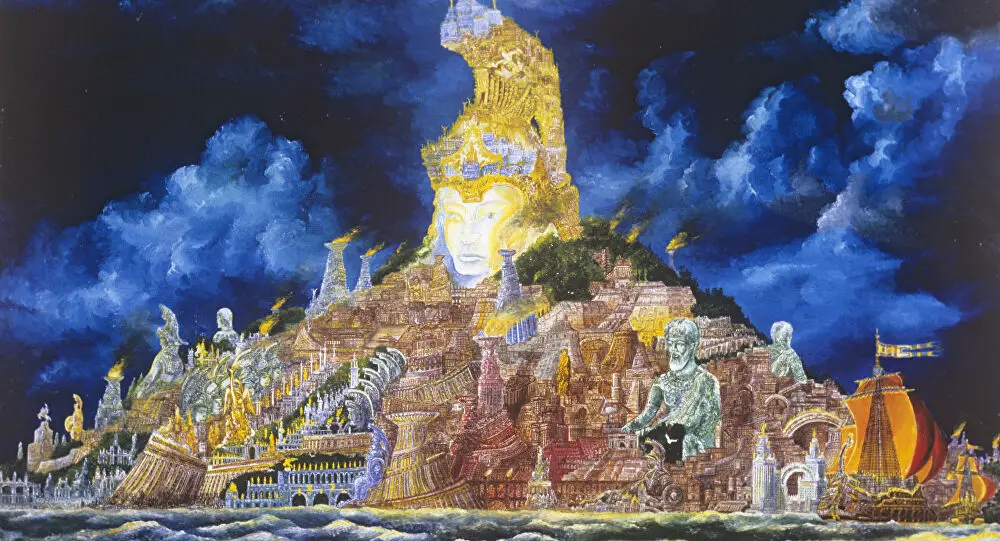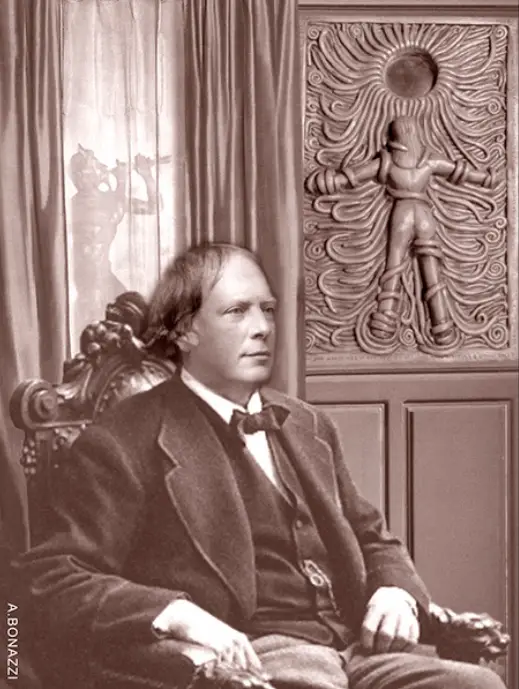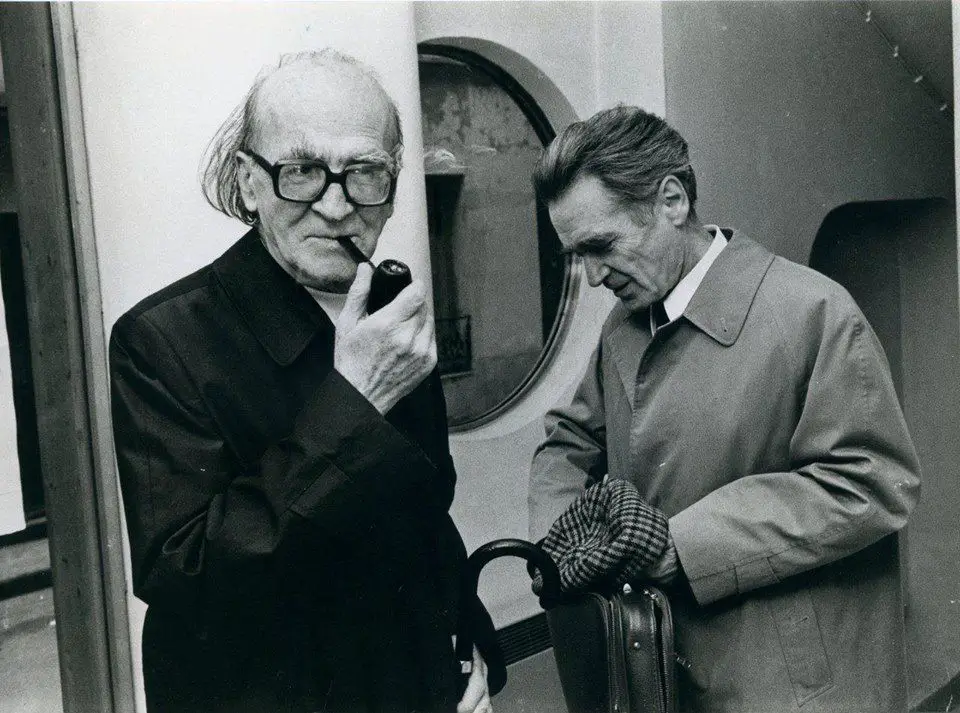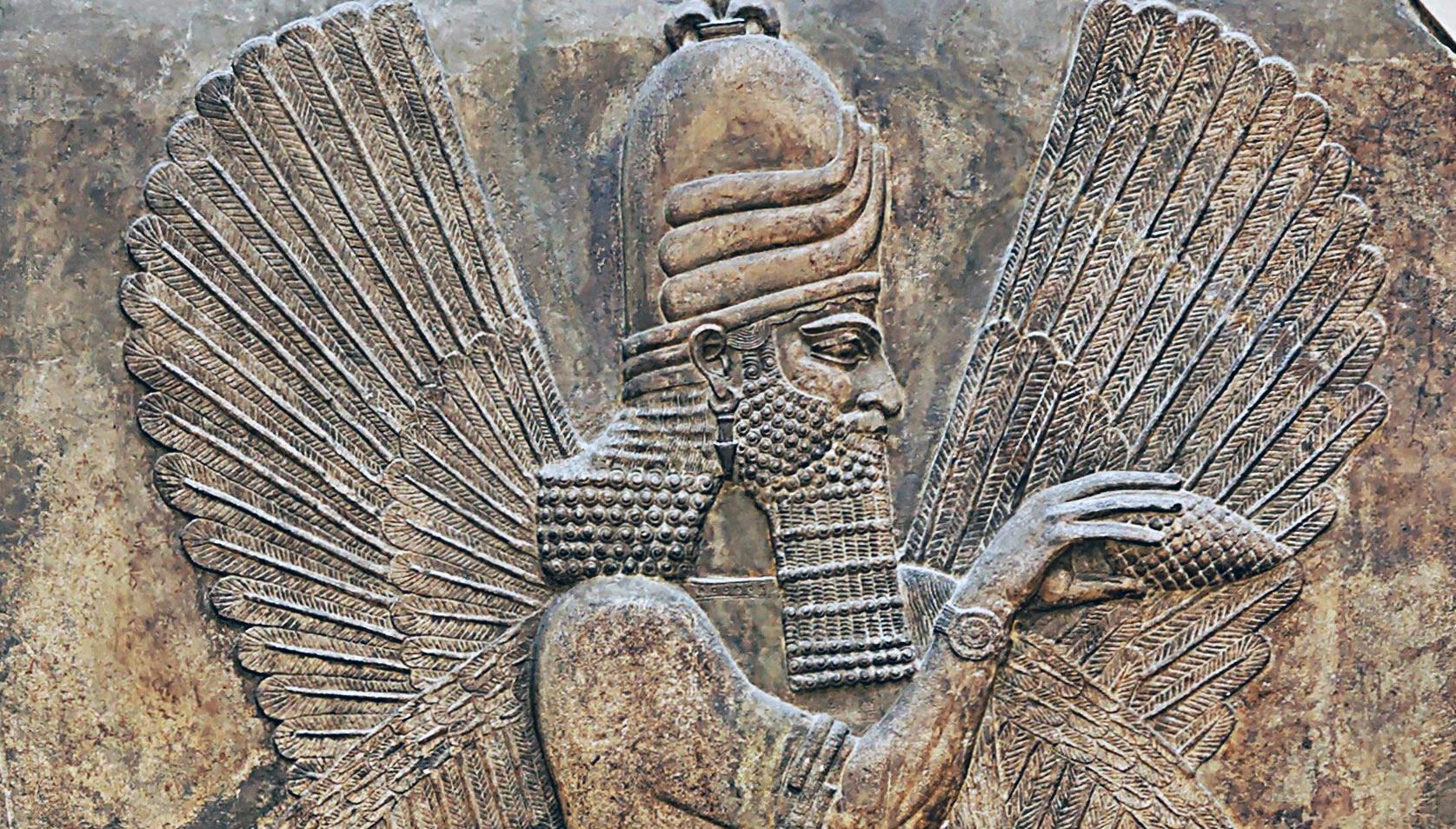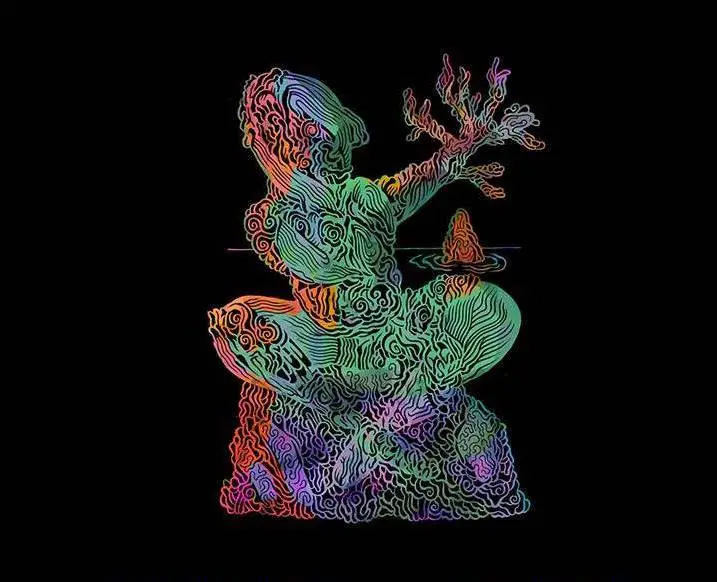Author: Lorenzo Pennacchi
Lorenzo M. Pennacchi (Rome, 1993). Graduated in Philosophical Sciences and Historical Sciences at La Sapienza in Rome, he has been collaborating for several years with various cultural magazines (Axis Mundi, Zhistorica, Hyperborea). He edited the volume Oltre il Reale (GOG editions, 2020) and took part in several collective publications (Bordeaux editions, Il Saggiatore, Italian Sword & Sorcery Books). He contributed to the Romberg Contemporary Art exhibition Parallel Screws (2020) with three unpublished stories. He curates the column Petrochemical Flamingos on Echo Gusts.
“Yoga” by Emmanuel Carrère: I meditate, therefore I am
Emmanuel Carrère's novel is a delusional journey into his inner abyss that each of us can recognize and pity. But it is also a joyful vibrant invitation to accept life, to observe it in its entirety, just as one observes one's thoughts while meditating. Every day sitting, motionless, in silence.
Completing the Work: a pilgrimage in the Sansevero Chapel, in Naples
Visiting the temple conceived by Prince Raimondo di Sangro means taking part in a great collective history, branched out between artistic wonders and initiatory symbols. Even as spectators, it is an experience that should be done at least twice in a lifetime.
Arthur Machen's "Other Reality"
The new volume – Another Reality. Tales of Mystery – edited by Pietro Guarriello and published by Dagon Press, presents a selection of mysterious unpublished Machenian texts, which allow us to deepen some characterizing aspects of the Welsh writer.
"Nothing is death for us": the roots of Epicurus' thought
In his philosophical school, founded on intense bonds of friendship and aimed at authentic pleasure, Epicurus sought imperturbability. We retrace the roots of his thought, inherited a few centuries later by Lucretius in Rome.
Pierre Hadot and the spiritual exercises in antiquity
Pierre Hadot's essay offers the opportunity to immerse oneself in the philosophical practice widespread above all in the Hellenistic era: an art of life aimed at forming men in harmony with themselves and with what surrounds them.
The first Nietzsche and the birth of the tragedy
"No other book by Nietzsche has such a long and arduous preparation behind it": this is how Giorgio Colli introduces the most mystical and tormenting text of the German philosopher, whose death today is the 121st anniversary.
Devilman: the myth
Akira Fudo's life is turned upside down by his friend Ryo Asuka when he reveals to him that the Earth is about to be invaded by terrifying demons who, hibernating for centuries in the Antarctic ice, are now about to free themselves from the providential prison to attack the surface. ; demons would have lived on Earth before the appearance of man and now claim ownership. What is it about? Perhaps a Japanese remake of "At the Mountains of Madness" by HP Lovecraft? Not really, even if certain correspondences are undeniable. We are talking about “Devilman”, a pillar of Japanese comics, full of cultured references and a revealing work of the human condition in all its precariousness.
Robert E. Howard, the gentle giant of Cross Plains
Through unpublished texts and critical contributions, the seventh issue of "Zothique" (magazine of fantastic and weird literature published by Dagon Press) portrays one of the greatest contemporary authors in all his human and literary dignity.
In the dark meanders of Carcosa
Il new essay by Marco Maculotti, published by Mimesis, allows you to cross the threshold of the lost city, to orient yourself among the symbols and references hidden behind the first season of “True Detective”.
Cyberpunk is dead: long live Cyberpunk
When the commercial apex of a genre testifies to its spiritual death, it is necessary to trace its origins to give it new life.
Jung and the magical rule over destiny. Interview with Roberto Cecchetti
We interview the philosopher analyst Roberto Cecchetti about the course on Jungian orientation practices that he will hold in March for the Sulfur Society.
“Weird literature: narrating the unthinkable”. Interview with Francesco Corigliano
We interview Francesco Corigliano, the author of the essay recently published by Mimesis that investigates the characteristics and the deep meaning of a genre that is difficult to define, through the use of three contemporary masters: Howard Phillips Lovecraft, Stefan Grabiński and Jean Ray.
JRR Tolkien, the human story of a twentieth century hobbit
Sharp conservative hostile to any form of extremism, sincere Catholic deeply influenced by numerous other mythical-religious apparatuses, tenacious defender of trees against the society of machines: Tolkien was this, and much more. We retrace the life of one of the masters of contemporary fantasy on his anniversary.
IconoSophia, in search of a philosophical painting
We interview Alessandro Bulgarini and Luca Siniscalco, respectively the artist and curator of the exhibition that was recently held at the SpazioAref in Brescia.
Vasilij Kandinskij and the mysticism of colors
In what is remembered as the anniversary of his death, we retrace some of the most evocative pages of "The Spiritual in Art" by Vasilij Kandinskij: a work that goes beyond the artistic dimension, deeply affecting that of the spirit.
“Poseidonis”: the fall of Atlantis as seen by Clark Ashton Smith
Aristocratic temperament, decadent prose, oneiric visions: we retrace “Poseidonis”, one of the most significant narrative cycles of Clark Ashton Smith.
Arthur Machen and the panic charm of the uncanny
The new special issue of zothique, magazine of fantastic and "weird" literature published by Dagon Press, in its over 230 pages allows us to retrace the life and work of Arthur Machen, a Welsh writer who between the end of the XNUMXth century and the beginning of the XNUMXth was able to look beyond the "veil of reality" and reveal the essence of "Great God Pan“, Establishing himself as one of the greatest authors of supernatural fiction of his time.
That symbolic parallelism between Mircea Eliade and Emil Cioran
A damn human correspondence, essential these days, revealing a secret complicity between two complementary souls of the great Romanian generation in exile: the historian of religions Mircea Eliade and the nihilist philosopher par excellence, Emil Cioran, born on April 8, 1911.
"The land of the Anunnaki"
We review the new anthology of short stories (edited by Italian Sword & Sorcery Books) inspired by Sumerian mythology, between ancient divinities, historical references and a propensity to escape.

